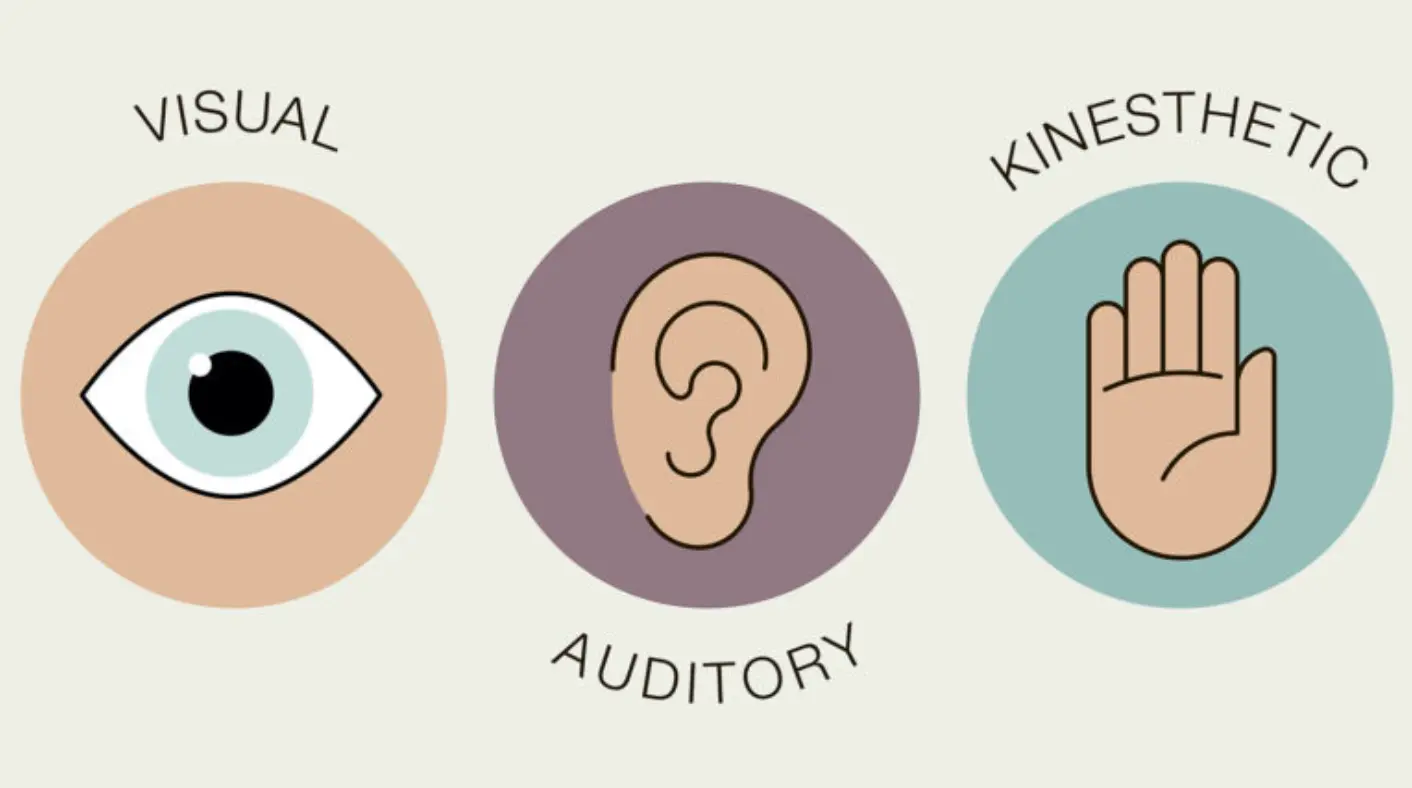
If you're a parent, you want your child to succeed academically. However, not every student learns at the same pace or in the same way. If you're wondering how to tell if your child needs a tutor, there are several factors to consider.
Recognizing academic struggles is the first step in identifying whether your child needs a tutor. If your child is consistently falling behind, getting low grades, or struggling to complete homework, it may be time to consider additional support. Understanding your child's learning style is also important. Some students need a more hands-on approach, while others prefer to learn through reading or listening.
Assessing external factors, such as the school environment, peer pressure, or family dynamics, can also play a role in your child's academic performance. Evaluating time management skills is also crucial. If your child is struggling to balance schoolwork with extracurricular activities or socializing, a tutor can help them prioritize and manage their time more effectively. Considering a tutor's role and making the decision to hire a tutor can be a difficult decision, but it can ultimately lead to better academic outcomes for your child.
Key Takeaways
- Recognize academic struggles and understand your child's learning style.
- Assess external factors and evaluate time management skills.
- Consider a tutor's role and make the decision to hire a tutor if necessary.
Recognizing Academic Struggles
If you're wondering whether your child needs a tutor, one of the first things to look for is any sign of academic struggles. Here are a few subcategories to consider.
Declining Grades
If your child's grades are slipping, it could be a sign that they need extra help. Keep in mind that this doesn't necessarily mean that your child is unintelligent or unmotivated. Sometimes, all it takes is a little extra one-on-one attention to help a struggling student get back on track.
Lack of Enthusiasm
Another sign that your child may need a tutor is a lack of enthusiasm for school. If your child seems disinterested in learning or is reluctant to go to school, it could be a sign that they're struggling. A tutor can help make learning more engaging and enjoyable, which can help reignite your child's passion for education.
Homework Challenges
If your child is consistently struggling with homework or takes an excessive amount of time to complete it, it could be a sign that they need extra support. A tutor can help your child understand difficult concepts and complete assignments more efficiently, which can help reduce stress and improve overall academic performance.
Remember, every child is unique and may have different academic needs. If you're unsure whether your child needs a tutor, consider speaking with their teacher or a professional tutor for guidance.

Understanding Your Child's Learning Style
As a parent, it is important to understand your child's learning style to identify whether they need a tutor or not. Children have different ways of processing information, and identifying their learning style can help you provide them with the best support possible.
Auditory Learners
Auditory learners process information best through sound and speech. They prefer to listen rather than read or write. If your child is an auditory learner, they may benefit from listening to audiobooks or recordings of lectures. You can also help them study by reading notes or assignments aloud, using verbal repetition, or playing soft music in the background.
Visual Learners
Visual learners process information best through images and pictures. They prefer to see information rather than hear it. If your child is a visual learner, they may benefit from using diagrams, charts, and graphs to help them understand complex topics. You can also use colorful flashcards and mind maps to help them remember key information.
Kinesthetic Learners
Kinesthetic learners process information best through physical movement and touch. They prefer to learn by doing rather than listening or reading. If your child is a kinesthetic learner, they may benefit from hands-on activities, such as experiments, role-playing, and building models. You can also encourage them to take frequent breaks during study sessions to move around and release energy.
By understanding your child's learning style, you can provide them with the right tools and resources to help them succeed academically. If you notice that your child is struggling despite your efforts, it may be time to consider hiring a tutor.
Assessing External Factors
When trying to determine if your child needs a tutor, it's important to consider external factors that may be affecting their academic performance. These factors can range from the classroom environment to social dynamics and family situations.
Classroom Environment
The classroom environment can have a significant impact on your child's academic performance. If your child is struggling with a particular subject, it may be due to the teaching style or pace of the classroom. For example, if your child is a visual learner and the teacher primarily uses lecture-based teaching methods, your child may not be able to fully grasp the material. In this case, a tutor can provide one-on-one instruction tailored to your child's learning style.
Social Dynamics
Social dynamics can also play a role in your child's academic performance. If your child is struggling to make friends or is being bullied, it can be difficult for them to focus on their studies. In some cases, a tutor can provide a safe and supportive environment where your child can receive academic help without the distractions of the classroom.
Family Situations
Family situations can also impact your child's academic performance. If your family is going through a divorce, moving to a new city, or experiencing financial difficulties, it can be hard for your child to focus on their studies. A tutor can provide academic support and help your child stay on track during difficult times.
By assessing these external factors, you can determine if your child needs a tutor and provide the necessary support to help them succeed academically.

Evaluating Time Management Skills
One of the most important factors to consider when determining if your child needs a tutor is their time management skills. Poor time management can lead to missed deadlines, incomplete assignments, and lower grades. Here are some ways to evaluate your child's time management skills:
1. Observe their daily routine
Take note of how your child spends their time each day. Do they have a set routine for completing homework and studying? Or do they frequently procrastinate and struggle to meet deadlines? Observing their daily routine can help you identify areas where they may need additional support.
2. Assess their ability to prioritize tasks
Another key aspect of time management is the ability to prioritize tasks. Does your child know how to identify the most important tasks and complete them first? Or do they frequently get sidetracked by less important activities? Assessing their ability to prioritize tasks can help you determine if they need help in this area.
3. Test their ability to complete tasks within a set timeframe
Completing tasks within a set timeframe is another important time management skill. Give your child a task to complete, such as reading a chapter in a book or writing a short essay, and see how long it takes them to finish. If they struggle to complete the task within a reasonable timeframe, they may need help improving their time management skills.
By evaluating your child's time management skills, you can determine if they need a tutor to help them improve in this area. A tutor can provide personalized support and guidance to help your child develop the skills they need to succeed academically.

Considering a Tutor's Role
If you are considering hiring a tutor for your child, it's important to understand the role that a tutor can play in your child's education. A tutor can provide one-on-one attention, customized learning plans, and help your child develop study and organizational skills.
One-on-One Attention
One of the biggest advantages of hiring a tutor is the one-on-one attention that your child will receive. This is particularly important if your child is struggling in a particular subject or area. A tutor can work with your child to identify areas of weakness and provide personalized instruction to help your child improve.
Customized Learning Plans
Another benefit of working with a tutor is the ability to create a customized learning plan for your child. A tutor can work with your child to identify areas of strength and weakness and create a plan that addresses your child's specific needs. This can help your child make progress more quickly and effectively than if they were working with a teacher or in a larger group setting.
Study and Organizational Skills
Finally, a tutor can help your child develop important study and organizational skills that will serve them well throughout their academic career. A tutor can provide guidance on how to manage time effectively, take effective notes, and develop good study habits. These skills can help your child succeed not just in the short term, but in the long term as well.
Overall, if you are considering hiring a tutor for your child, it's important to understand the role that a tutor can play in your child's education. A tutor can provide one-on-one attention, customized learning plans, and help your child develop study and organizational skills. By working with a tutor, your child can develop the skills and knowledge they need to succeed academically.

Making the Decision
Deciding whether or not your child needs a tutor can be a difficult decision to make. However, there are some signs that it may be time to seek help.
When to Seek Help
If your child is consistently struggling with a particular subject, despite your efforts to help them, it may be time to consider a tutor. Additionally, if your child's grades are consistently low or dropping, a tutor may be able to help them improve their performance.
Types of Tutoring Available
There are several types of tutoring available, including one-on-one tutoring, group tutoring, and online tutoring. One-on-one tutoring provides personalized attention and is often the most effective option. Group tutoring can be beneficial for students who enjoy working with others. Online tutoring is a convenient option for busy families.
Setting Expectations
Before hiring a tutor, it is important to set clear expectations. Determine what you want your child to achieve through tutoring and communicate this with the tutor. Additionally, establish a schedule and determine how long tutoring sessions will last. Finally, be prepared to be an active participant in your child's tutoring experience by monitoring their progress and communicating with the tutor regularly.
By considering these factors and making an informed decision, you can help your child succeed academically and achieve their full potential.
FAQs
If your child is struggling with a particular subject, consistently receiving low grades, or showing a lack of interest in learning, then it may be time to consider tutoring. Other signs may include difficulty with homework, a lack of confidence in their abilities, or frustration and anxiety related to schoolwork.
Tutoring can be beneficial for students of all ages, from elementary school to college. However, it is important to consider your child's specific needs and circumstances. If your child is struggling with a particular subject or concept, it may be helpful to introduce a tutor as soon as possible to prevent further difficulties.
The frequency of tutoring sessions will depend on your child's needs and schedule. Some students may benefit from weekly sessions, while others may only need occasional support. It is important to work with your child's tutor to determine a schedule that works best for your family.
The effectiveness of tutoring sessions can be evaluated by monitoring your child's progress in the subject or subjects being tutored. This can include improvements in grades, increased confidence and motivation, and a better understanding of the material. It is important to communicate regularly with your child's tutor to discuss progress and make any necessary adjustments to the tutoring plan.
Online tutoring can be just as effective as in-person sessions for many students. It provides flexibility and convenience, and can be a great option for families who live in remote areas or have busy schedules. However, it is important to ensure that your child has access to a reliable internet connection and appropriate technology. TutorLyft offers both online and in-person options to suit your child’s needs and learning style.
Tutoring services should be discontinued when the student has achieved their academic goals or when the tutor and family agree that tutoring is no longer necessary. It is important to regularly evaluate your child's progress and communicate with their tutor to determine when tutoring services are no longer needed.










































































